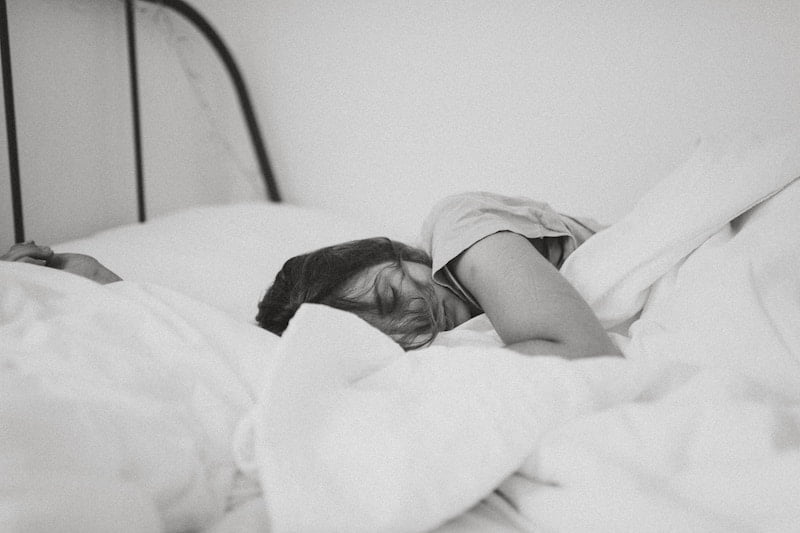Sleeping your way to good health
Sleep is one of the key ingredients to living a healthy and happy life. It is probably one of the most understated core activities to really improve your wellbeing and your overall life experience, including longevity. The amount you get every night is important, but the quality is also critical.
The cold hard truth about sleep
Many of us try to get by with just 5 to 7 hours of sleep (sometimes less). We then try to make it up in the extra hours of productivity, or by catching up on the weekend. There are plenty of excuses for being sleep deprived – a big deadline coming up, too much work, too binge-worthy of a TV show, social events you can’t miss out on.
More people are chronically sleep deprived than they realise, and the affects for this can be severe; reduced productivity and happiness, and increased risk of a panel of diseases. Except for a very small part of society (<1% of population), we all should be getting 8 hours every night, without fail. A lot of people use caffeine, sleeping pills and other methods to mask the affects of deprivation. People are also very poor judges in assessing their decrease in performance if deprived.
Deprivation
There are no reported benefits from sleep deprivation and the following are some examples of what may be the result:
- higher mortality, risk of cancer, heart disease, weight gain, rate of infection, Alzheimer’s, irritability, inflammation.
- lower productivity, social fluidity, rational decision making, memory recall, emotional control, testosterone, immune system function.
- in the extreme, chronic deprivation causes death.
- even the apparent increase in wakeful time to be productive is balanced by lower productivity and creativity.
Ways to improve
Here are some ways to help improve your sleep quality:
- Sleep and wake up at the same times every day. Reduce light before bed and blue light is the most harmful, but even bedside lamps may cause issues. Artificial light delays the circadian rhythm by hours.
- Cool your body temperature before bed time. Expose your palms and feet while sleeping.
- Only use alarms if absolutely necessary. Alarms cause stress reactions on waking and hitting the snooze button results in repeated traumas each time.
- Don’t drink alcohol unless it is completely metabolised by bed time.
- Avoid caffeine if possible, but especially not in afternoon.
- Exercise regularly, but not just before bed.
- Don’t rely on sleeping pills.
- A great way to help you sleep is Float Therapy, learn more.
There is so much more information on the importance of sleep out there. A great book to dive a little deeper is ‘Why We Sleep’ by Matthew Walker (available on Audible)

